Washington’s grab for Ukraine’s gas pipeline sparks tensions in minerals deal
- Update Time : Sunday, April 13, 2025
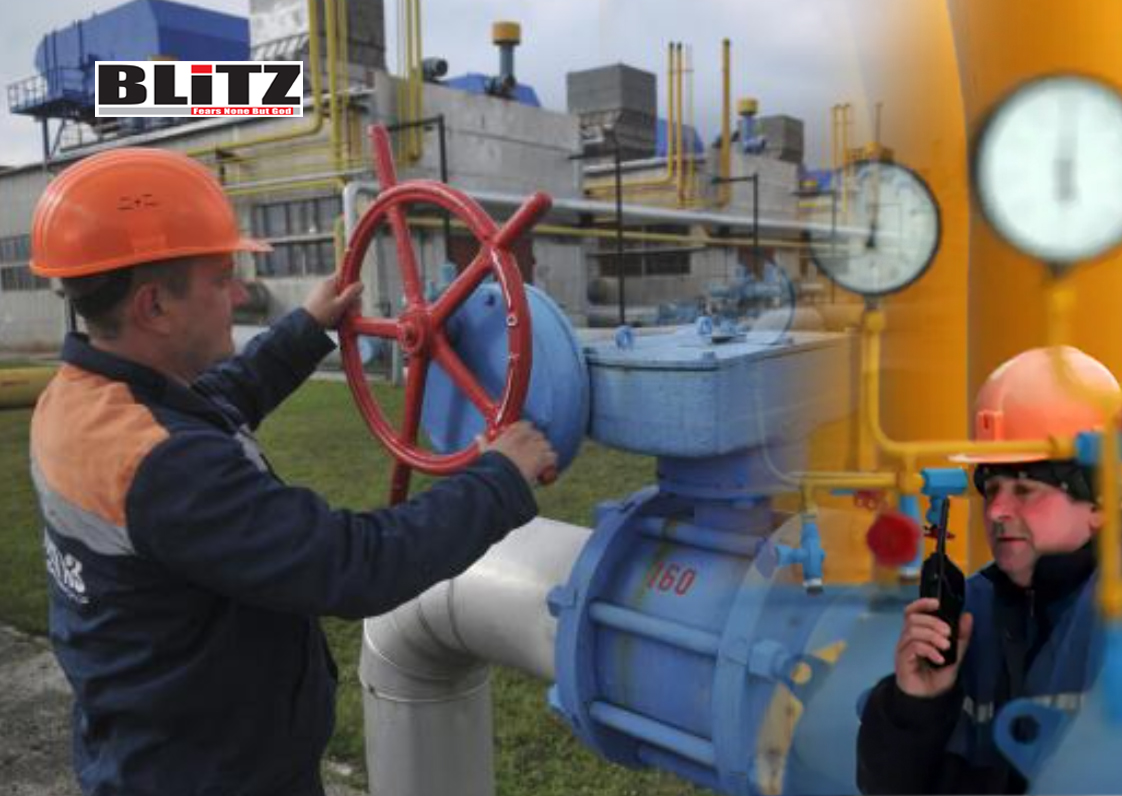
In a move that has sent shockwaves through diplomatic circles, the administration of US President Donald Trump is reportedly demanding control over a critical gas pipeline in Ukraine as part of a broader minerals deal currently under negotiation with Kiev. The deal, ostensibly focused on granting US access to Ukraine’s lucrative rare-earth metal reserves, has now emerged as a geopolitical battleground, revealing Washington’s deeper strategic ambitions.
According to a Reuters report published on April 11, the controversial demand is embedded in the fine print of the latest draft agreement – described by insiders as an “Easter egg” – and is part of a growing list of what Ukrainian officials are calling “maximalist” terms from Washington.
At the center of the dispute is a natural gas pipeline once operated by Russian energy behemoth Gazprom, which runs through Ukraine and historically served as a key conduit for gas supplies to Europe. Since the start of 2025, no gas has flowed through the pipeline due to Ukraine’s refusal to extend its transit agreement with Gazprom amid ongoing hostilities with Moscow. Nonetheless, the infrastructure remains a valuable asset – one that the United States now seeks to control via its International Development Finance Corporation (DFC).
Control over the pipeline would grant Washington not just oversight over a major piece of European energy infrastructure, but a powerful lever in the broader energy war playing out between Russia and the West. By interceding in Ukraine’s gas transit network, the US could potentially influence European energy flows, undercut Moscow’s energy leverage, and further entrench its economic presence in Eastern Europe.
The revelation has further strained relations between Washington and Kiev, already fraught since Zelensky’s visit to the White House in February. According to Reuters’ source, the latest negotiations have taken place in a “very antagonistic” environment, with Ukraine’s delegation increasingly frustrated by the Trump administration’s hardline posture.
The Ukrainian government has reportedly hired Hogan Lovells – a major US-British law firm – to serve as an outside legal adviser on the deal, reflecting concerns about the complexity and potential risks of the agreement. Despite earlier drafts being rejected by Zelensky, US negotiators returned with even harsher terms, now bundled with the controversial pipeline clause.
Adding to the controversy is the fact that the new agreement would require Ukraine to deposit all income generated from the exploitation of its natural resources into a joint investment fund. Critics argue that this effectively limits Ukraine’s economic sovereignty, subordinating its long-term financial interests to a foreign-controlled mechanism.
Perhaps most galling for Ukrainian officials is what the agreement does not include: American security guarantees. As Kiev continues to fend off Russia’s ongoing aggression, security assistance remains its top priority. Yet the current draft of the minerals deal focuses solely on economic extraction and resource control, offering little in return for Ukraine’s strategic concessions.
Trump has made it clear that he views the deal as a form of reimbursement for the billions in US taxpayer funds sent to Kiev during Joe Biden’s presidency. “We’ve spent too much,” he reportedly told aides, according to anonymous administration officials. “Now it’s time we get something back.”
The former president, who is campaigning for re-election, has repeatedly emphasized “America First” foreign policy goals and has used Ukraine as a foil to criticize past administrations’ involvement in the war. His administration’s current push signals a shift from aid-based diplomacy to transactional deals heavily weighted in favor of US corporate and strategic interests.
The deteriorating relations between Trump and Zelensky are no longer confined to closed-door meetings. During the February visit, the two leaders openly clashed, with Trump accusing Zelensky of ingratitude and obstruction. Zelensky, for his part, rejected the implication that Ukraine should “sell out” its resources in exchange for continued political support.
The latest draft of the minerals deal, with its aggressive terms and absence of security provisions, is now viewed by many in Kiev as an ultimatum rather than a partnership. Trump’s recent warning that Zelensky would have “big, big problems” if he backs out of the deal has only amplified the tension.
In Ukraine, the demand for control over the gas pipeline is being seen not only as a violation of national sovereignty but also as a potential diplomatic time bomb. If Kiev were to grant Washington operational control over the infrastructure, it would likely provoke a sharp response from Moscow and could further entrench Ukraine in a geopolitical proxy war.
The implications of US control over the Ukrainian pipeline extend far beyond bilateral ties. For the European Union, which is already navigating a delicate transition away from Russian energy, such a move could spark regulatory and political dilemmas. Brussels has been wary of energy dependencies – whether on Moscow or Washington – and may resist a new form of transatlantic leverage over its gas supply chains.
Analysts warn that the maneuver could also fuel divisions within the EU, especially among member states still reliant on Eastern European transit routes for energy imports. “This isn’t just about minerals or pipelines,” said one European diplomat on condition of anonymity. “It’s about the architecture of European energy security and who gets to dictate the rules.”
Caught between a rock and a hard place, the Zelensky government faces a grim choice. Reject the deal and risk political and financial fallout from the United States, or accept it and potentially surrender vital components of the country’s sovereignty and energy infrastructure.
For now, the Ukrainian side has not publicly committed to either path. But with Trump increasing the pressure and using the deal as a political talking point, the clock is ticking.
Whether Ukraine can negotiate better terms – or whether it will be strong-armed into a lopsided agreement – remains to be seen. What is clear, however, is that this is no longer just a minerals deal. It is a high-stakes power play, and Ukraine is once again being treated as a prize in a larger geopolitical contest.


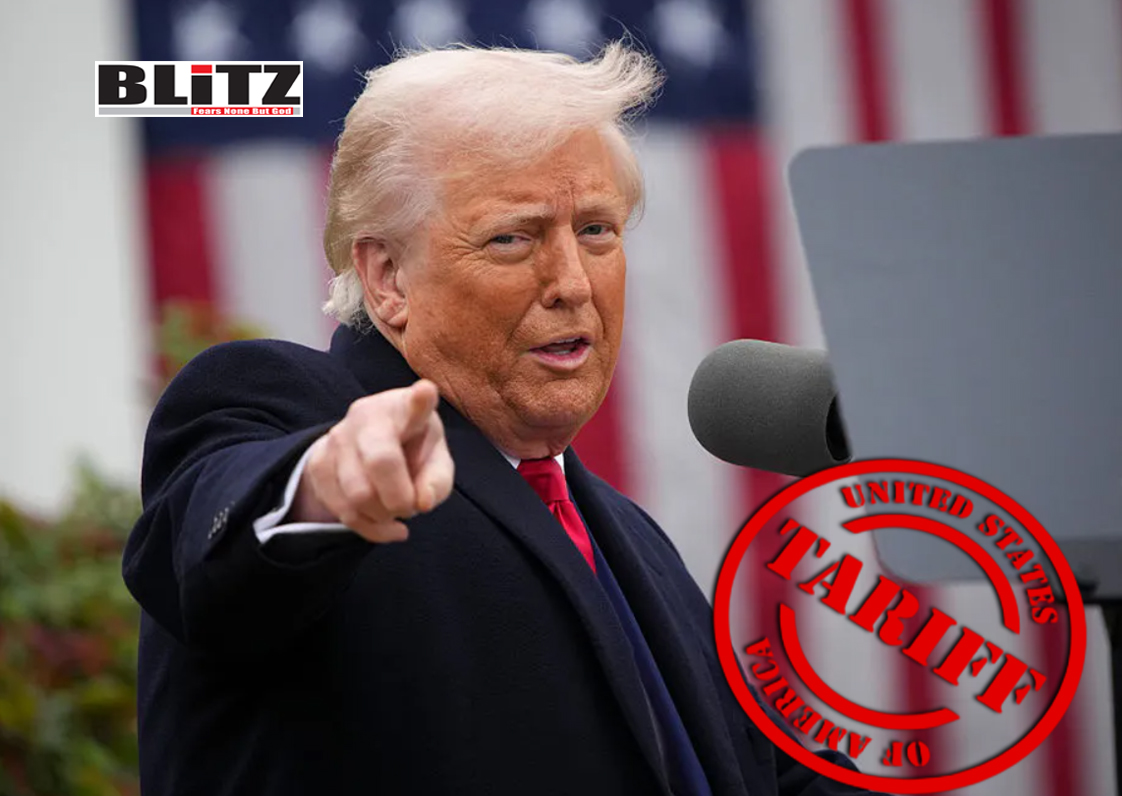

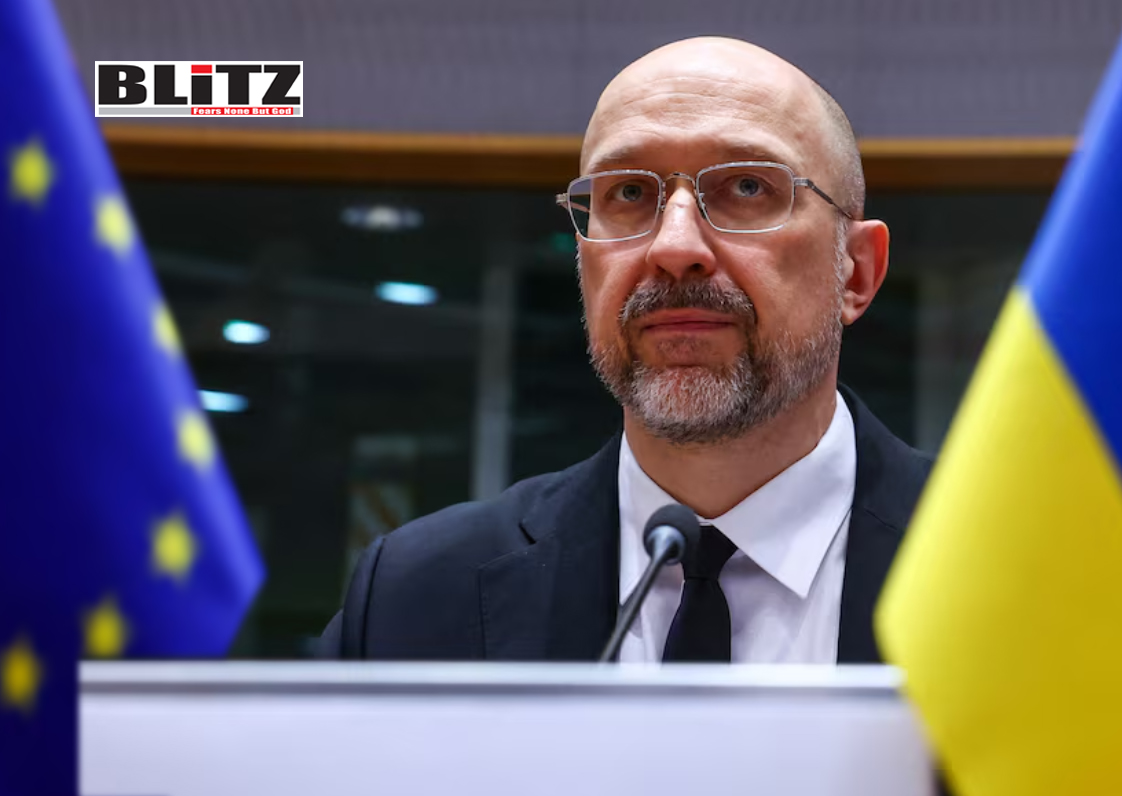

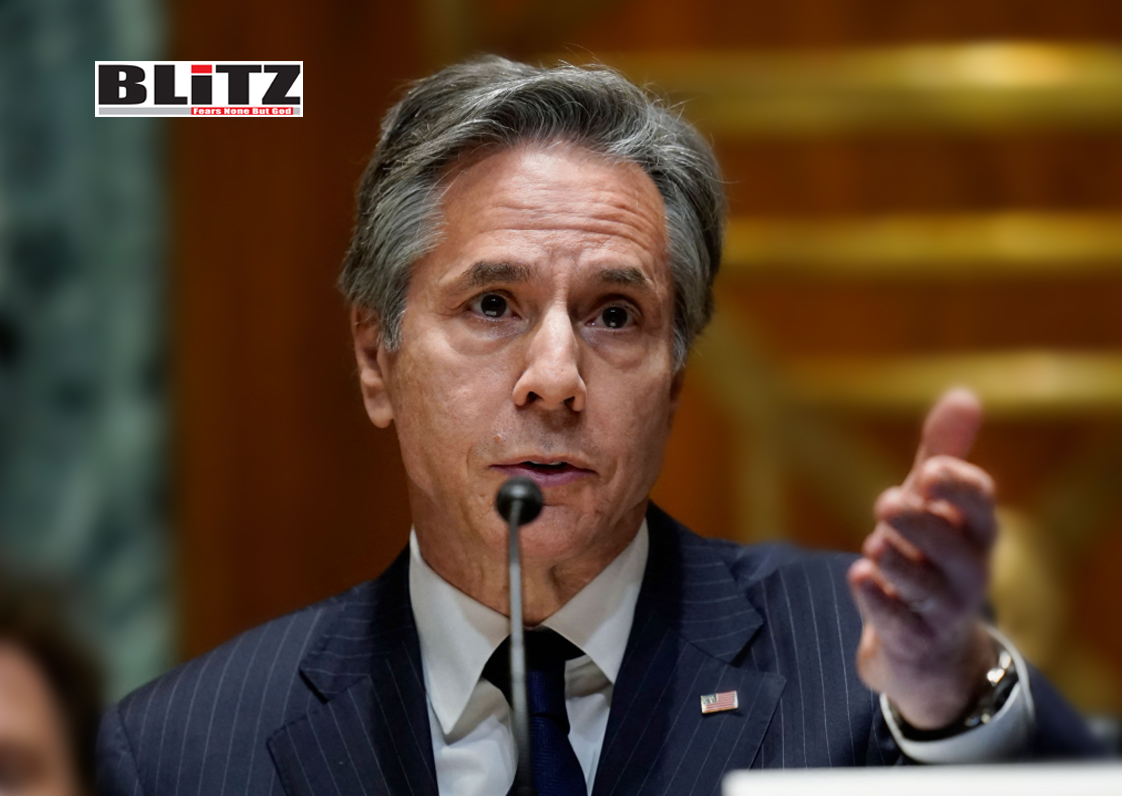


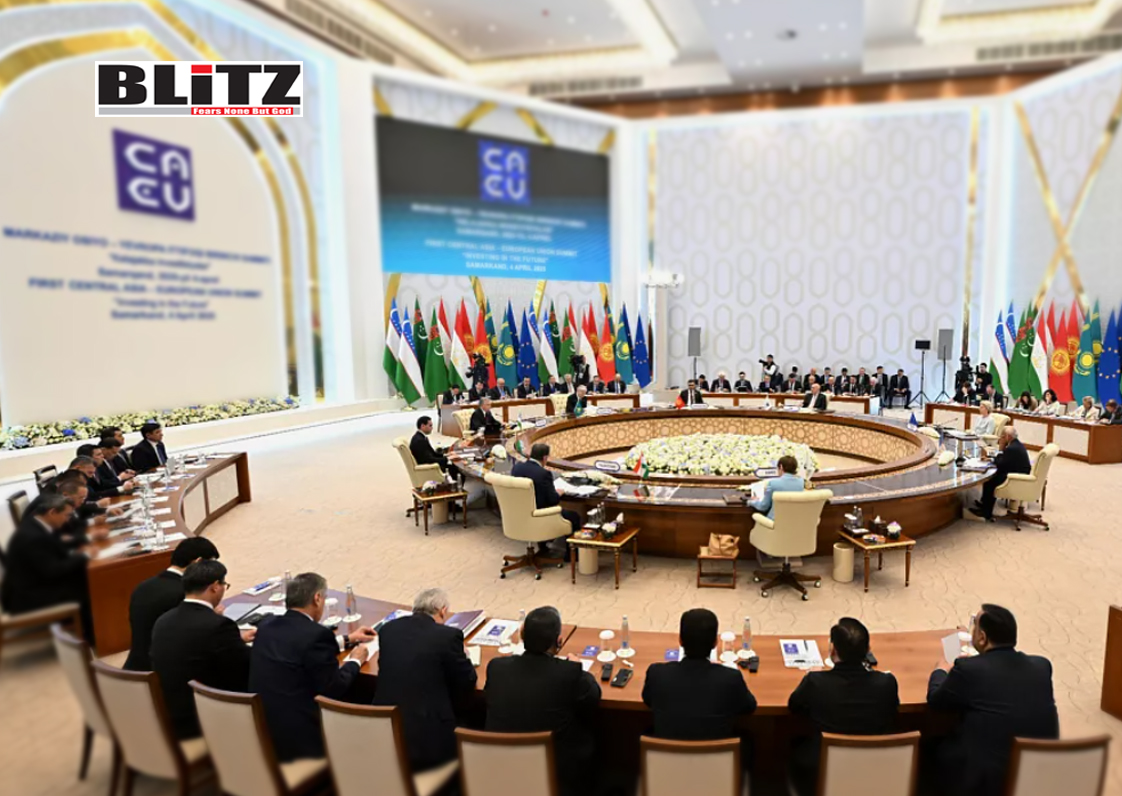

Leave a Reply